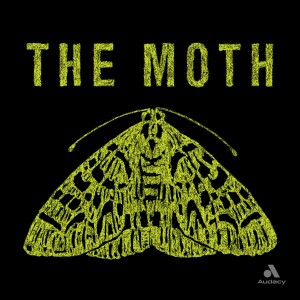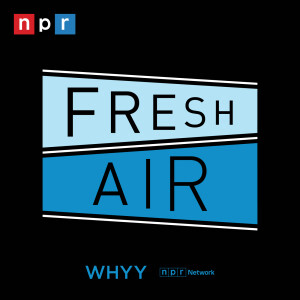

ArtiFact #14: Kurt Vonnegut’s ”Breakfast of Champions” | Alex Sheremet, Joel Parrish
Taking up Mark Twain's mantle, then expanding upon it, Kurt Vonnegut (1922 – 2007) was one of the greatest comic writers to have ever lived. His best-known work, Slaughterhouse-Five, features everything from sci-fi to timeless political comment, and has overshadowed his other great works. One of these is 1972's Breakfast of Champions, a novel Kurt Vonnegut had abandoned several times, even as it remains a clever examination of America’s money-obsession, corporatism, sexual dynamics, artistic fraud, and more. Imparted by a (potentially) unreliable narrator, these lessons come to a twist ending in the book's last few scenes of philosophical slapstick.
You can also watch this conversation on our YouTube channel: https://youtu.be/InsbL7cxJ_Q
Joel's website: https://poeticimport.com
Read the latest from the automachination universe: https://automachination.com
Read Alex’s (archived) essays: https://alexsheremet.com
Timestamps:
0:23 – Kurt Vonnegut + Breakfast of Champions in context
23:00 – Joel makes sense of Kurt Vonnegut’s plotting
27:42 – Is Philboyd Studge an unreliable narrator?
36:45 – Kurt Vonnegut describes great writing with a metaphor
41:40 – Ch. 1: political preoccupations in Breakfast of Champions
01:01:24 – Ch. 2: sexual dynamics & Wide Open Beavers
01:10:02 – Is Kurt Vonnegut an anti-humanist?
01:17:02 – Ch. 8: what the Pluto Gang says about white liberalism
01:26:24 – Ch. 10, 11, & 12: Nelson Rockefeller vs. a truck driver’s free will
01:44:45 – Joel on Kurt Vonnegut's use of ellipses
01:47:40 – Kilgore Trout turns beautiful language into a liability
01:54:45 – Ch. 15: a bottleneck in Breakfast of Champions
02:00:00 – The Reindeer Problem: how Kurt Vonnegut tackles race relations
02:08:46 – Joel tries to escape his artistic responsibilities to watch a soccer game
02:09:12 – The narrator meets his (alleged) creations
02:13:55 – Is Kurt Vonnegut criticizing Abstract Expressionism?
02:24:06 – The last chapter, epilogue, & terrible criticism from "the failing New York Times"
More Episodes
All Episodes>>Create Your Podcast In Minutes
- Full-featured podcast site
- Unlimited storage and bandwidth
- Comprehensive podcast stats
- Distribute to Apple Podcasts, Spotify, and more
- Make money with your podcast












